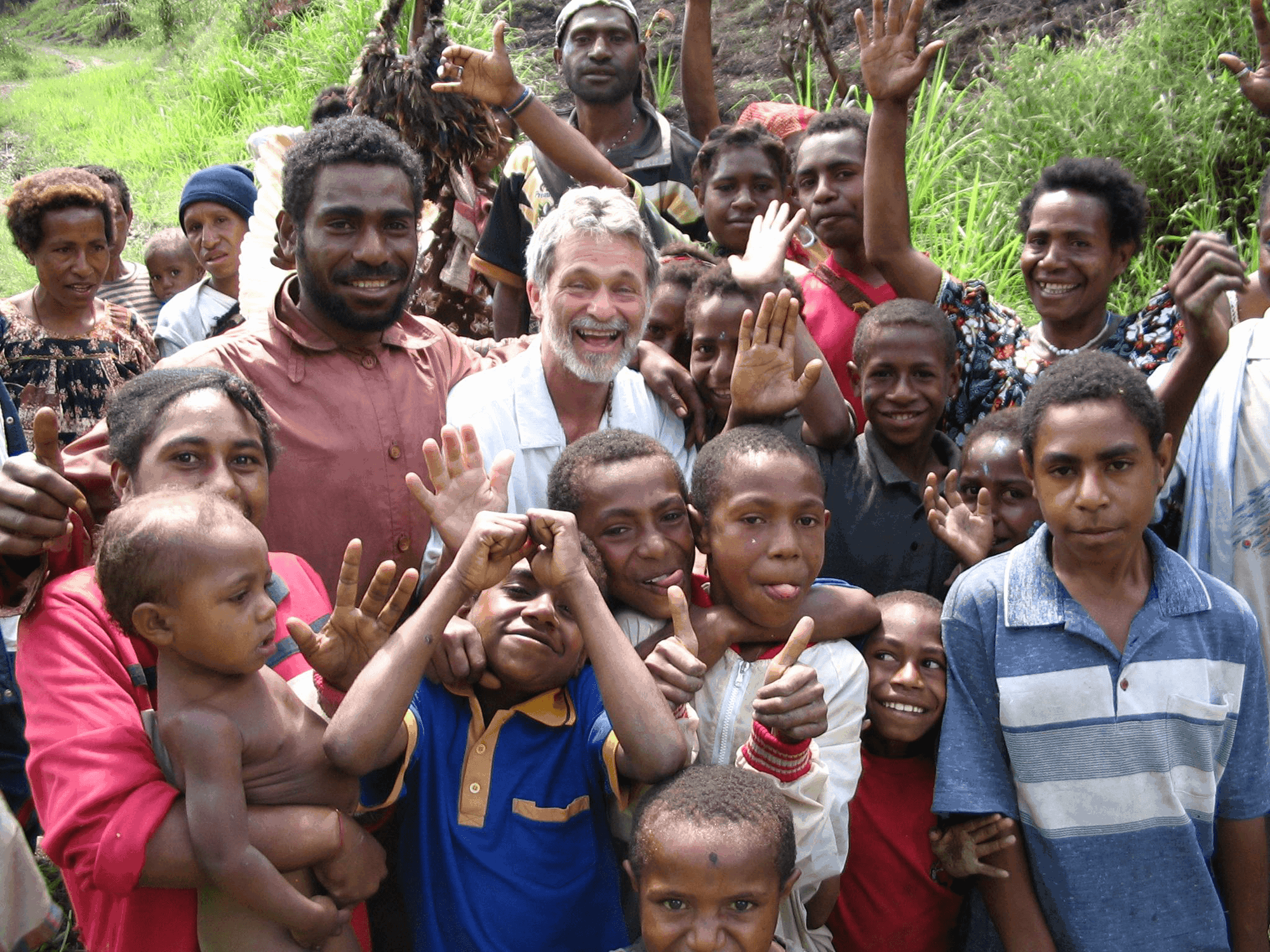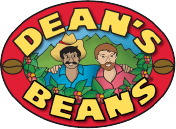






Keep this story going! Share below!
The innovation is the business model. The founder, Dean Cycon, took a unique approach to coffee that was not being done in the early 1990s. He wanted to do people-centered development and found that coffee was an incredible vehicle for positive change. Through coffee, Dean's Beans is able to help eradicate poverty, provide a wage that puts food on the table, establish community health centers, provide education opportunities, promote gender equality and women's rights, offer decent work and economic growth opportunities, reduce inequality and build more sustainable communities, promote responsible consumption and production, and care for the environment.
The innovation is the business model as a whole. It is a business model based on people-centered development that sees the product merely as a vehicle for positive change. Alison Wortman, Director of International Development described the innovation as "Turtle capitalism" that moves at a pace that is sustainable for everyone involved and allows them to maintain deep relationships with the supply chain. She also described it as developing a model of ENOUGH - rigorously asking questions about how to redefine success and "what's enough?" for profit and loss so that everyone can benefit, not just some.
While this model may be more familiar in our current economy, it was a newer and edgier model that Dean's Beans founder, Dean Cycon, took a gamble on in the early 1990s. Alison described it as experimental and intuitive, not intentional. The model developed over time as Dean went from becoming an indigenous rights lawyer to a social-entrepreneur who wanted to see if he could turn a profit while being equitable to everyone in the supply chain. Alison explained that this was uncharted territory from an ethical standpoint because "no one was doing coffee this way." However, Dean saw the impact it was having on the farmers and hasn't looked back.

Alison described the primary inspiration as the interpersonal connection that exists between Dean's Beans and the coffee farmers. Once they saw the powerful and positive benefits that the farmers and their communities were deriving from an equitable and ethical model, they couldn't turn back and do things the old way. Dean's Beans was founded upon core principles that continue to guide the company. They are:
1. Social Justice
2. Direct, long-term engagement
3. Direct transparent and accountable relationships
4. Environmental stewardship
5. Respecting culture identity and diversity
6. Creating an opportunity for capacity building and long-term success of everyone in the business.
7. Fair Trade+ - fair trade is only part of the model
Alison summed it up in a simple phrase: "We're not greedy."
As mentioned above, the innovation has impacted thousands of lives around the world in numerous countries (at least 15 over the years). The short-term effects were a complete flipping of the script on how to go about doing business in a people-centered way that has allowed Dean's Beans to be a leader in their field and an educator of others who are interested in the model.
The long-term impact can be seen in numerous areas. Below are a few of the specific regions that Dean's Beans highlights on their website, although Alison mentioned that they also collaborate with other organizations to provide other benefits to their farmers.
Used with permission from Dean's Beans website: https://deansbeans.com/direct-development/
Economic:
Increased income: Purchasing coffee consistently well above even fair trade prices can increase the revenue of small farmers and give them a needed competitive advantage over larger coffee estates.
Increased market access: Introducing our farmers to our competitors to increase the farmers’ sales.
Improved coffee quality and productivity: leading to more money in the pockets of farmers, and better quality coffee for you!
Business efficiency: Financial literacy and business skills training, often requested by farmer cooperatives.
Diversified income: Nobody ever got rich growing coffee, so it is essential for farmers to supplement their income. We work on identifying local economic opportunities and creating small businesses and crop diversification.
Environmental:
Reforestation: The farmers identify appropriate species; we fund seed purchase, nursery creation, and technical assistance.
Organic Farming: Technical assistance on best practices, composting, farmer to farmer exchanges, funding and helping with international organic certification.
Climate change: We work on education, abatement strategies, and farmer exchanges.
Social Change:
Advocacy and Activism: Community organizing and education, legal assistance concerning mining, oil and gas development, dams and other destructive “development” projects that will impact our farming partners.
Gender equity: We only work with coops committed to strong women’s leadership and participation, and we create and support women’s projects (such as income generation, daycare, and empowerment).
Youth opportunity and leadership development: School building and materials, youth empowerment programs, leadership and entrepreneurship training.
Health promotion: Funding health clinics and training, latrine and improved kitchen designs, wells, and clean water distribution.
Because Dean's Beans has been committed to core principles and practices, they have consistently had to reinvent themselves and remain innovative all while ensuring that they know their business. Alison told me that they are constantly being scrutinized to see if they practice what they preach. They need to stay in constant communication with their farmers to ensure that they are delivering on their people-centered promise, and have to question the business model over and over again to ensure that they are following through on their value system.
The innovative model has allowed them to build capacity over the years with numbers in 2017 reported at:
- 20,000 farmers worldwide
- $4.5 million in annual sales
- Distribution in 40 states
- 10 percent annual growth
- 13 employees at their U.S. headquarters
Source: http://www.telegram.com/news/20170129/one-on-one-dean-cycon-founder-deans-beans
In addition to their coffee, they also sell a variety of other products including fair trade chocolate, cocoa, and sugar.
Here are a few examples of the broader benefits Dean's Beans provides the communities in which they work.
1. Environment: Reforestation program in Peru (started with co-op called Pangoa). The goal of the program is to regrow indigenous hardwoods in that region that also provides shade for shade-grown coffee. The reforestation also provides a secondary source of income through other plants being grown (ex. banana and papaya trees) when the coffee season is over. The program has now been passed on to other places like Nicaragua. This program is grounded in deep respect for the environment and the desire to find a way of solving things organically instead of with pesticides
2. People-centered development: Community Health Center in Guatemala. The farming community started the program based on a need that they identified in their community. Dean’s wife is a social worker and helped them get things up and running. Now, there is a fully indigenous-run health center. The initial goal was to address issues of postpartum depression, but they found out that there’s a lot more happening around domestic violence that is the root cause of the depression. So, now women are being trained to train others in a group support effort.
Get stories of positive business innovations from around the world delivered right to your inbox.
Alison Wortman, Director of International Development and Advocacy

Dean's Beans is a coffee roaster that views coffee as a vehicle for positive change around the world. They work closely with their growers and the grower's community to develop a relationship that ensures that they are helping to provide opportunities for ongoing development and flourishing beyond the bean. They help with education, health care, reforestation, women's rights, and so many more things that go beyond a simple work contract, while also providing sustainable wages.